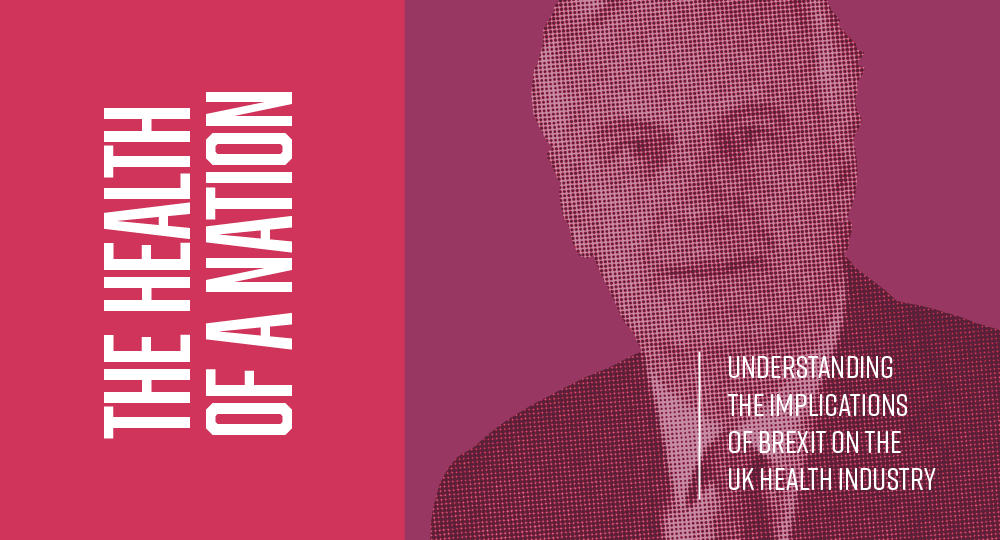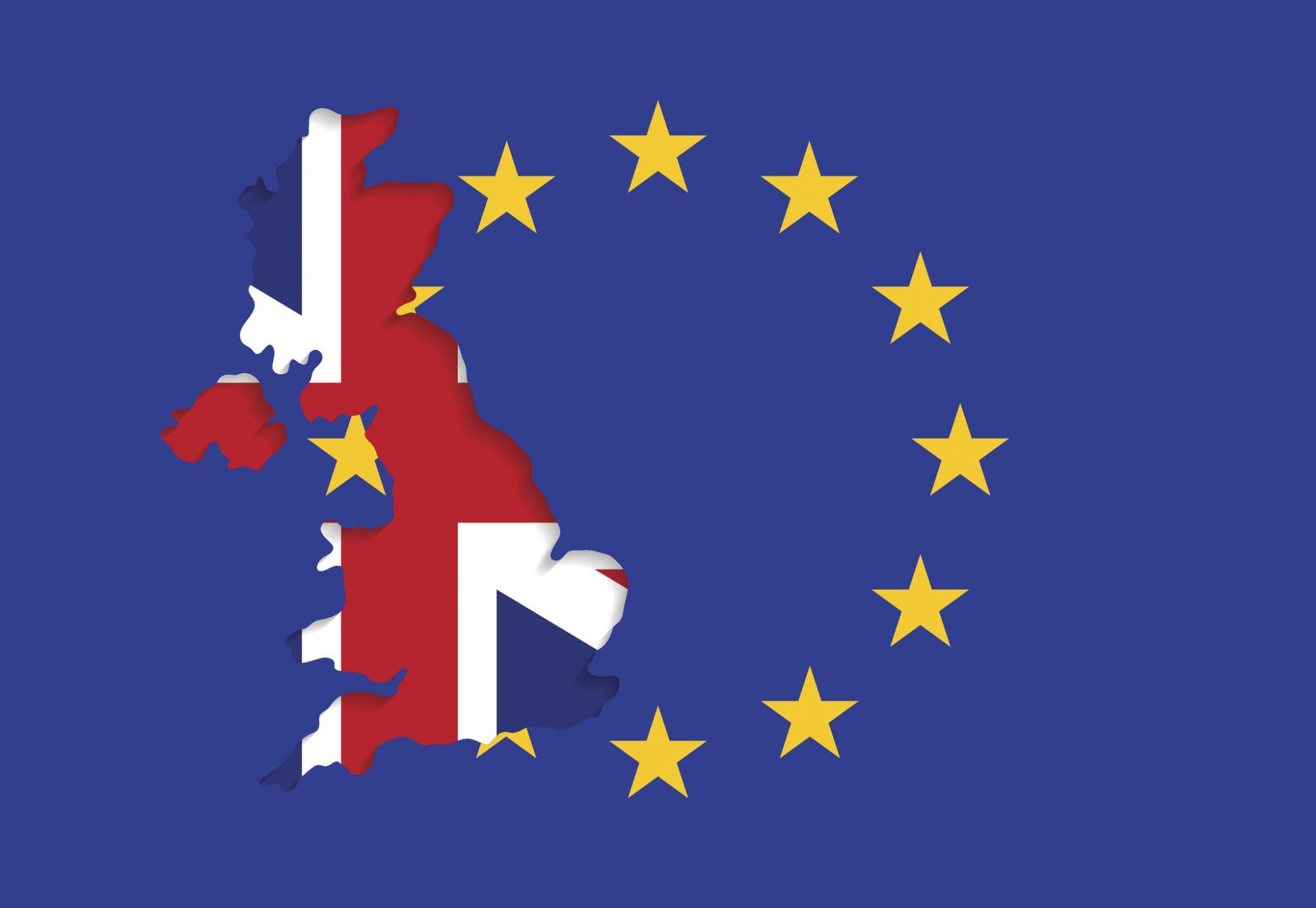When the clock strikes midnight on January 1, 2021, the United Kingdom will have left the European Union. It’s a fact we’ve long since known now, rumbling along in the background of what has been a particularly difficult year in healthcare, but as last-minute negotiations continue to attempt to thrash out a deal this week, there remains lots of uncertainty around what Brexit will mean for sections of the health sector.
One such area still left with trepidation is the pharmaceutical industry.
A section of the health ecosystem which often spans across borders, the outcomes of Brexit and what deal is able to be struck between the UK and EU negotiators before deadline day will have a rippling effect felt throughout the industry.
Medicines supply routes, open access to research and new innovations and safety and regulatory processes will all be impacted in one way or another by the outcome of ongoing negotiations between the UK’s Chief Brexit Negotiator Lord David Frost and his EU counterpart Michel Barnier.
For some of these areas, processes are already being established. New international partnerships have been struck to fast-track approval of new, innovative treatments – helping support the UK health service in remaining world-leading – while provisions have begun to be allocated to help alleviate some medicines supply route concerns; though not completely dismiss the potential issue.
Transport Minister Grant Shapps outlined more than £70m in late October to safeguard and consolidate freight routes through the Government backing of several key freight and ferry operators.
However, as much as some progress is being made to prevent disruption and delays, the prospect of a ‘no-deal’ Brexit – or an Australian/World Trade Organisation rules deal, as the political jargon has since shifted towards – remains a worrying prospect to those within the industry and the wider health sector.
When the Prime Minister announced the UK should prepare itself for the very real prospect of a ‘no-deal’ exit from the EU, ABPI Chief Executive Richard Torbett responded with a stark warning.
He said: “No deal is not in the interest of patients, the pharmaceutical industry, or the economies of the UK and the EU. As long as a window of opportunity remains, negotiators must keep talking and agree a comprehensive deal.
“They must ensure medicines supplies are uninterrupted and that a way forward for patients in Northern Ireland is urgently found.
"Our members are preparing for the end of the transition period at the same time as coronavirus cases rise across Europe. This should be enough to focus minds.”
Talks remain ongoing between Lord Frost’s team and his European counterparts under Mr Barnier, but with negotiations reaching loggerheads on multiple occasions in the past three months, there is the growing reality of a quickly approaching deadline and limited room to manoeuvre.
The health service in the UK is resilient. The events of 2020 so far have proven that above and beyond question. It will respond to the best of its ability regardless of the final outcome of the Brexit negotiations, but ensuring as smooth a transition between EU membership prior to January 1, 2021 and the country’s exit thereafter is paramount.
As ongoing negotiations begin to enter their eleventh hour, it’s increasingly become a situation to monitor intently.
Read more about Brexit and it's impacts on healthcare through our dedicated Brexit Resource Hub:




















